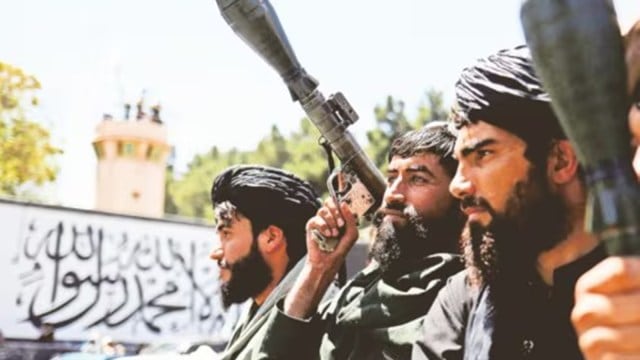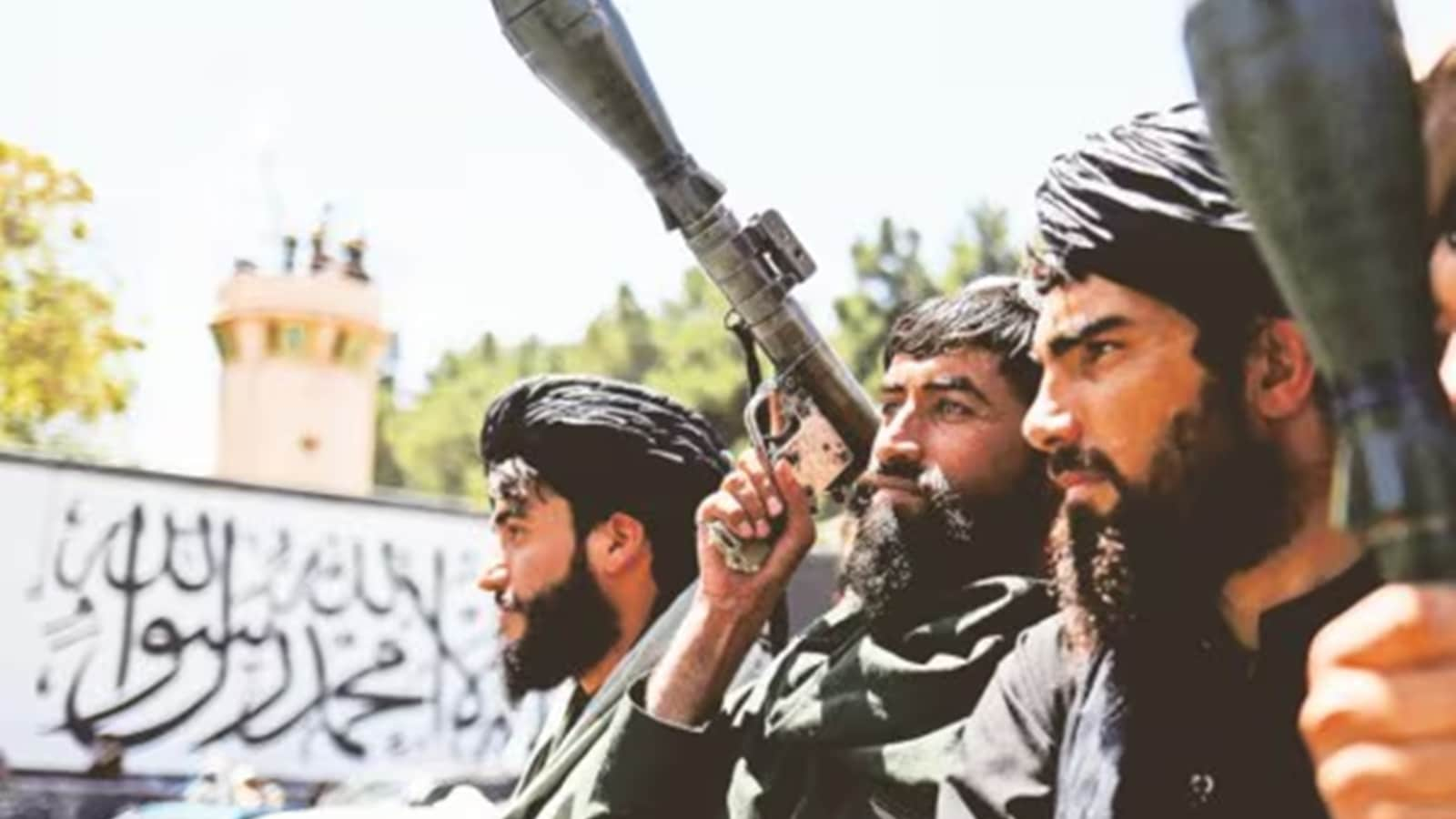

Jan 18, 2025 17:51 IST First published on: Jan 18, 2025 at 17:51 IST
Peshawar meeting
Earlier this week, representatives of several political parties met with the Chief of Army Staff General Syed Asim Munir in Peshawar to push for dialogue with Kabul despite the Afghan Taliban allowing Tehrik-i-Taliban Pakistan (TTP), a banned organisation, on its soil and a series of cross-border firings this past year. The political leadership “suggested engagement with the interim Afghan government — formal or informal”. The press seems to agree that communication is imperative since other nations are also beginning to engage and Afghanistan is a neighbour.
Dawn (January 16) says, “Dealing with the Afghan Taliban is necessary not only for Pakistan’s internal stability but also to ensure that Afghanistan is not isolated regionally… Pakistan would be making a mistake if it severs ties with the Afghan Taliban, which would allow unfriendly states to strengthen their presence in Afghanistan.”
The COAS’ presence in Peshawar seems to have rejuvenated the troops fighting terrorism in the Khyber Pakhtunkhwa region as well. The Nation (January 14) reaffirms, “Engaging with the province’s political leadership to secure their full backing and encouraging them to convey this resolve to their constituents is an essential step. This meeting reinforces not only the military’s commitment but also the political and civilian resolve to combat terrorism.”
Global education summit
Prime Minister Shehbaz Sharif hosted the ‘International Conference on Girls’ Education in Muslim Communities’ summit in Islamabad to discuss the challenges that often hinder educational access for women in Muslim communities. Pakistan’s female literacy rate is at 49 per cent and about 22.8 million children are currently out of school. Nobel Laureate and education activist Malala Yousafzai was also present at this conference.
Daily Times (January 16) comments on this unfortunate state of affairs saying, “Exacerbating the crisis, Pakistan ranks among the lowest countries globally in terms of gender parity in education… In the face of such daunting realities, one must question the repeated promises made by governing bodies. Each year brings declarations of commitment to educational reform; yet, the transformative changes that are so desperately needed remain largely elusive.”
Express Tribune (January 14) urges the Muslim world to come together and fight for education for girls and women saying, “On the international stage, the movement to recognise gender apartheid as a crime under international law represents a critical step towards holding accountable those who deny education to girls based on discriminatory practices. Muslim countries should work together to share best practices and hold each other accountable for progress in girls’ education.”
most read
Country Partnership Framework
The World Bank has pledged $20 billion to Pakistan for long-term, inclusive and sustainable development. This investment is meant to solve the most basic challenges like the provision of clean water, sanitation services, and education as well as structural challenges involving private investment and public expenditure. The 10-year Country Partnership Framework (CPF) is the first largesse of its kind for Pakistan since 1950, focusing on “building human capital” and “addressing areas such as nutrition, health, education and empowerment” (Express Tribune, January 16).
The Nation (January 16) explains why such investments, especially in recent times, are critical for the nation: “With the government forced to implement austerity measures under its new IMF loan programme and international borrowing agreements to avoid default, development funding has been significantly slashed. This has left crucial development initiatives to the private sector and NGOs, whose efforts, while valuable, remain fragmented and insufficient to meet the country’s broader needs.”
Express Tribune (January 16) imagines the possibilities that the success of a plan of this scale could bring to a country like Pakistan which is battling a severe economic crisis that is only exacerbated by the climate crisis: “If proper synergies and workforce is put at the disposal of this World Bank’s framework, it will come to benefit 75 million people to overcome flood and disaster risks, and relearn climate change crosscurrents in a better manner, apart from enjoying 10 Gigawatts of renewable energy capacity.”
adya.goyal@expressindia.com
Discover the Benefits of Our Subscription!
Stay informed with access to our award-winning journalism.
Avoid misinformation with trusted, accurate reporting.
Make smarter decisions with insights that matter.
Choose your subscription package


